UK entities with operations in Germany are often required to submit a series of documents in connection with commercial transactions such as financing rounds, establishing branches and subsidiaries or perhaps the purchase or sale of company owned property. One essential document in these processes is the Certificate of Representation (Existenz-Vertretungsbescheinigung). For businesses looking to partake in these cross-border activities, understanding the significance of the Certificate of Representation is crucial.
What Is a Certificate of Representation?
The Certificate of Representation is an official document drafted and issued by a notary that certifies an individual’s authority to act on behalf of an entity. The commercial register of a German local court will often require evidence of the entitlement of a director of an English limited liability company or partnership to represent that entity, and this certificate will assist in providing such proof.
Why is this required?
In contrast to commercial registers in Europe, the UK’s company register, Companies House, does not go as far as to specify the legal authority of an individual to represent an entity, therefore the notary is tasked with outlining the legal standing of that entity and the person(s) in question’s authority to sign on its behalf. The notary is required by German law to outline the checks they have made in order to reach the conclusions stated in their legal opinion. This will often include (but not be limited to) vigorous checks of the company’s constitutional documents such as the articles of association and relevant resolutions that relate to the authority of proposed signatories.
What details does the Certificate contain?
In drafting the certificate, the notary must base their findings on Companies House searches and retrieve all available information concerning the incorporated company. There is no set format for the certificate but, more often than not, the certificate of representation will confirm the company’s current name, any previous names, its registered office, the list of current directors, list of shareholders, and identifies any relevant authorised signatories.
Furthermore, the recipient may request that the notarised Certificate of Representation also be legalised by the Apostille of the Hague Convention via the Foreign, Commonwealth and Development Office for added validity – it would be wise to check this in advance of proceeding.
Our notaries are regularly instructed to issue German language certificates of existence / representation and consistently liaise with legal counsel overseas to ensure that we are kept abreast of any legal updates to ensure that our certifications meet the requirements of recipient registrars for our clients.
For more information or assistance with any of the services mentioned above, contact us at notary@johnvenn.co.uk.




